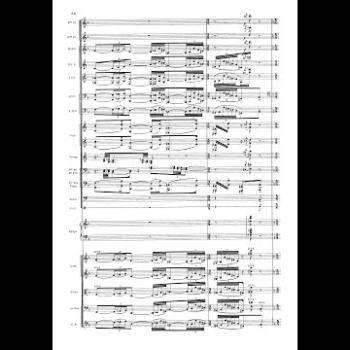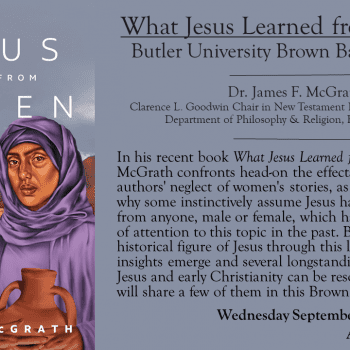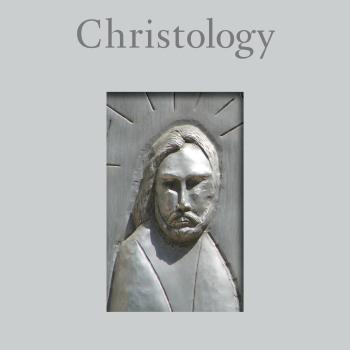Abram K-J mentioned today on his blog the experience of noticing for the first time that, in the hymnic passage Philippians 2:6-11, Paul quotes a monotheistic text from Isaiah. Here they both are:
Philippians Isaiah 45:23
ἵνα ἐν τῷ ὀνόματι Ἰησοῦ
πᾶν γόνυ κάμψῃ ὅτι ἐμοὶ κάμψει πᾶν γόνυ
ἐπουρανίων καὶ ἐπιγείων
καὶ καταχθονίων
καὶ πᾶσα γλῶσσα ἐξομολογήσηται καὶ ἐξομολογήσεται πᾶσα γλῶσσα
ὅτι κύριος Ἰησοῦς Χριστὸς
εἰς δόξαν θεοῦ πατρός. τῷ θεῷ
I will be investigating this very topic, under the heading of Paul’s use of Scripture in an effort to persuade readers, in a paper I’ll be reading at SBL in November.
 Note my placement of the last clause, not paralleled in the precise wording of the Philippians passage, but echoed. Isaiah (in the LXX) says that every tongue will confess or bear witness to God. Paul says the same: every tongue will confess – to God, and to the glory of God, the Father – that Jesus Christ is Lord.
Note my placement of the last clause, not paralleled in the precise wording of the Philippians passage, but echoed. Isaiah (in the LXX) says that every tongue will confess or bear witness to God. Paul says the same: every tongue will confess – to God, and to the glory of God, the Father – that Jesus Christ is Lord.
And so, in my opinion, Paul does not echo a monotheistic passage without considering the implications, nor does he quote it in order to redefine monotheism. Rather, he quotes a monotheistic passage to make a point that depends on monotheism for its persuasiveness. There is one God, and to confess to that one God in an appropriate manner, one must confess precisely that Jesus Christ has been appointed by God, as Lord over all things other than God himself. In appointing Jesus, God has bestowed upon him the divine name, YHWH, in the manner we encounter in other strands of Judaism, with reference to the angel Yahoel or Enoch as Metatron, in addition to Moses in Samaritan sources. And so to acknowledge Jesus’ status is to engage in the eschatological acknowledgment of God depicted in Isaiah.
In exploring this, we are also reminded once again of the importance of the Septuagint for the study of the New Testament.













